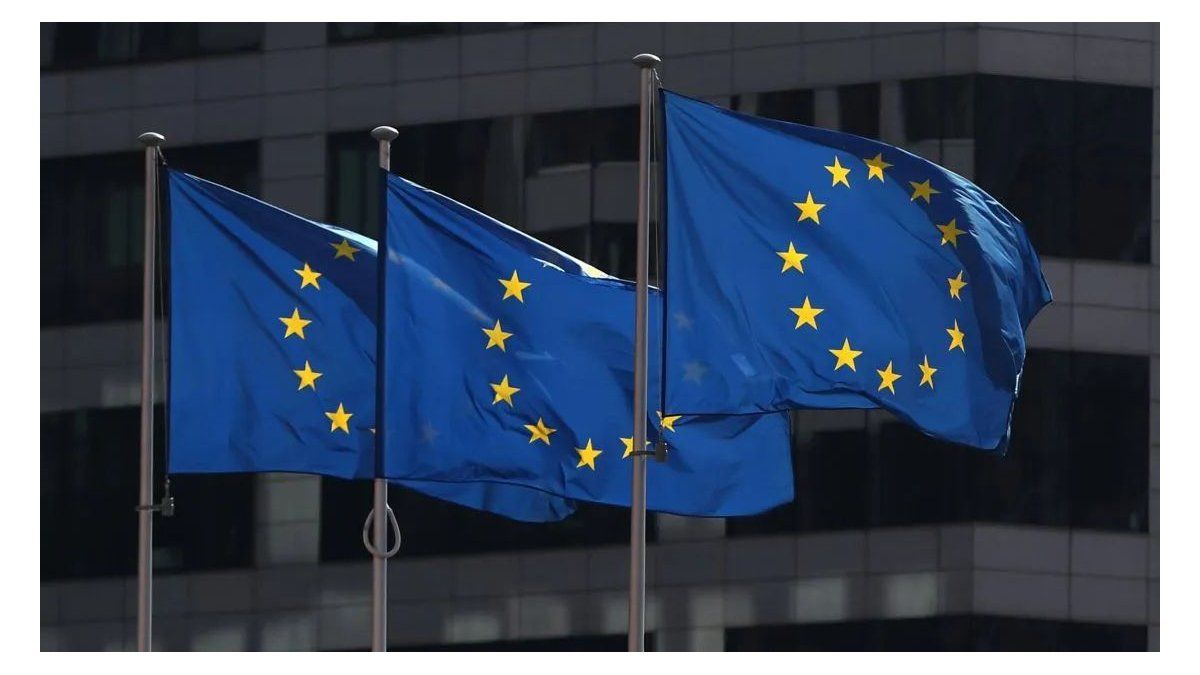At the beginning of September, the European Central Bank (ECB) had accelerated the tightening of its monetary policy with a rise of 0.75 percentage points in its reference rates, precisely to try to control inflation. In addition, the agency was in favor of continuing with its monetary policy given the persistence of price increases. “The situation will get worse before it starts to get better,” the organization’s president had expressed, Christine Lagarde in an appearance at the European Parliament, where he confirmed that prices will continue to be above 2% in 2024, driven by energy and food.
For eight years, deposit rates remained in negative territoryan exceptional situation, which sought to encourage banks in the euro zone to place your liquidity in productive projects instead of retaining it in the coffers of the ECB.
The EU energy ministers reached “political agreement” to adopt urgent measures in an attempt to reduce electricity bills, announced the delegation of the Czech Republic, which holds the six-month presidency of the European Council. The agreement refers to mandatory reduction of electricity demands, a cap on the benefits of non-gas-based energy producers, and a solidarity contribution from electricity generators supported by fossil fuels.
How were the increases?
According to Eurostat, in September the Energy experienced a rise of 40.8%being that in the previous month it had been 38.6%, the main vector of general inflation.
The sector of foods (measured together with alcohol and tobacco) experienced an increase in 11.8% in September, on an increase of 10.6% in August.
The other two lines of the index also experienced increases: non-energy industrial goods increased 5.6% (5.1% in August) and the services rose 4.3% (3.8% in August).
Of the main European economies, Germany experienced in September an inflation of 10.9%, France one of 6.2% and in Italy it was of 9.5%. Spain registered an inflation of 9.3%.
The countries with the most worrying rises were the Baltics: Estonia had an inflation 24.2% in September, Lithuania Registration 22.5% Y Latvia 22.4%.
Bert Colijn, an economist at ING bank, highlighted in dialogue with AFP that “the energy crisis continues to raise prices in all areas” and added that “although energy prices have a great impact, food prices and underlying inflation also increased” . In Colijn’s opinion, the jump from 9.1% in August to 10% in September had a “wider base than expected” and now puts expectations on the ECB meeting scheduled for October.
Following this scenario, Jessica Hinds, expert from the consulting firm Capital Economics, expressed her expectation that the ECB will increase rates by another 0.75 percentage points in October, “up to 1.5% minimum“Despite the risks of a recession, we do not rule out an even higher increase. We believe benchmark deposit rates will reach 2% before the end of the year. We project that inflation will grow even more in the coming months,” said the Capital Economics specialist.
In parallel, the Unemployment in the eurozone hit its minimum and stood at 6.6% in August. It is the lowest level of registration since April 1998. This represents 12.9 million people.
Unemployment reached andl 7.3% in France in front of 3% in Germany. The lowest rates were recorded in the Czech Republic (2.4%) and Poland (2.6%). At the other extreme, the highest indices elevated were registered in Spain (12.4%) and Greece (12.2%).
Source: Ambito
David William is a talented author who has made a name for himself in the world of writing. He is a professional author who writes on a wide range of topics, from general interest to opinion news. David is currently working as a writer at 24 hours worlds where he brings his unique perspective and in-depth research to his articles, making them both informative and engaging.




